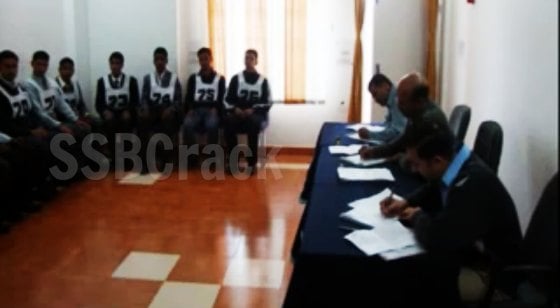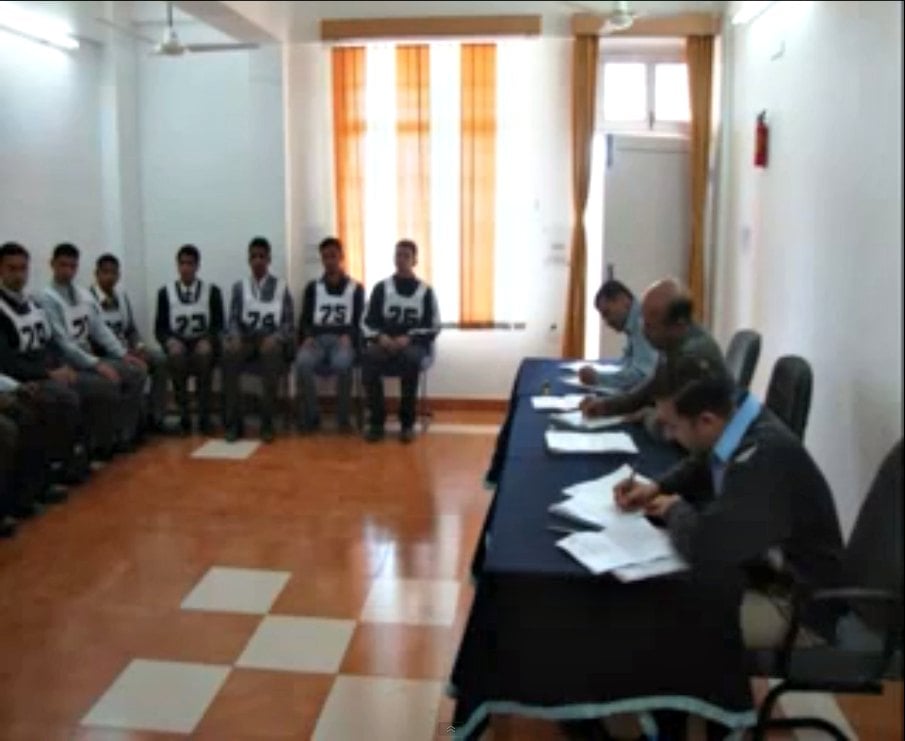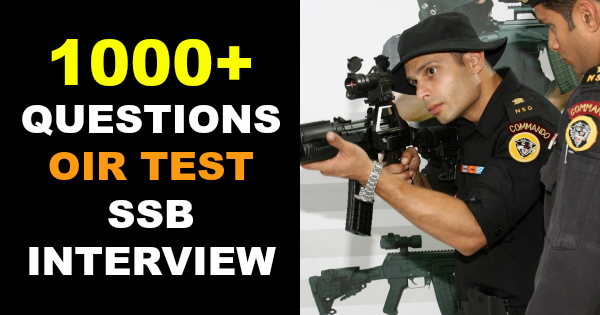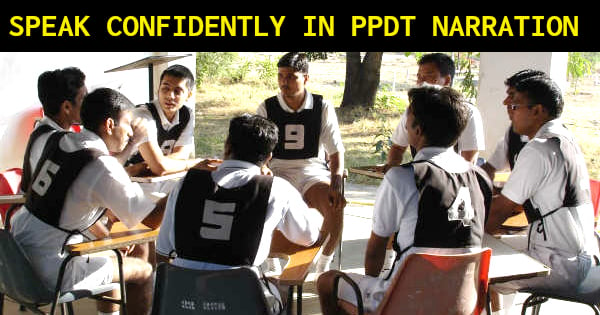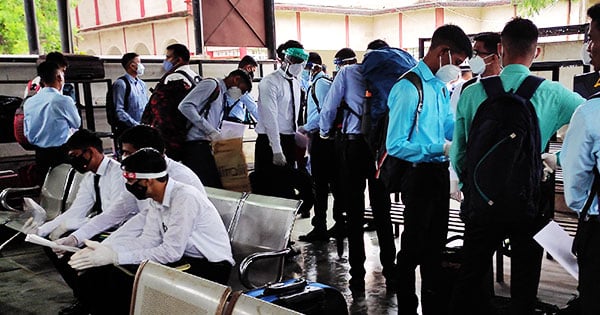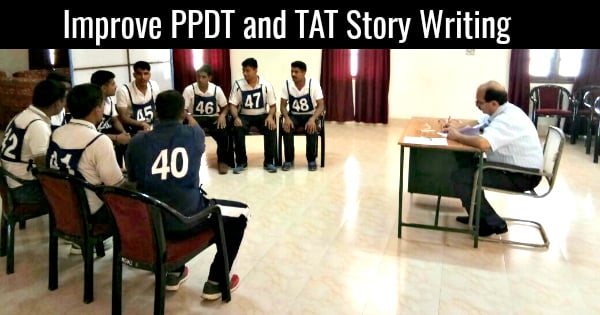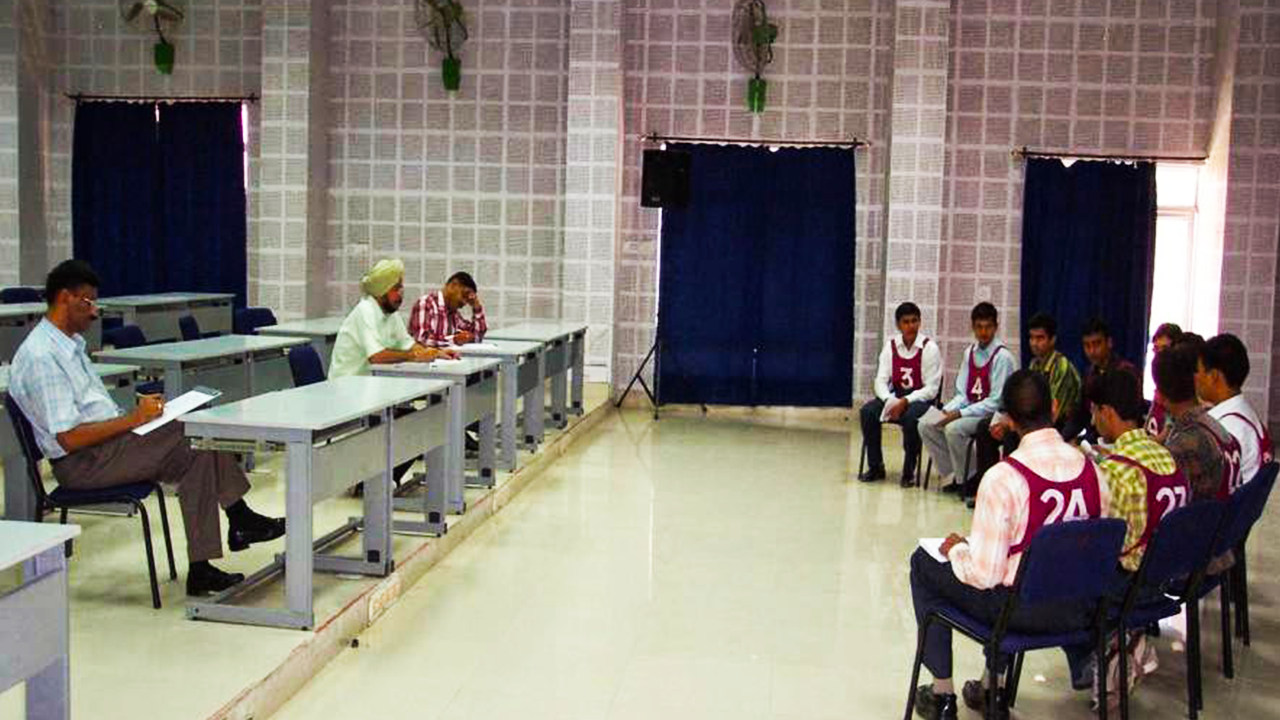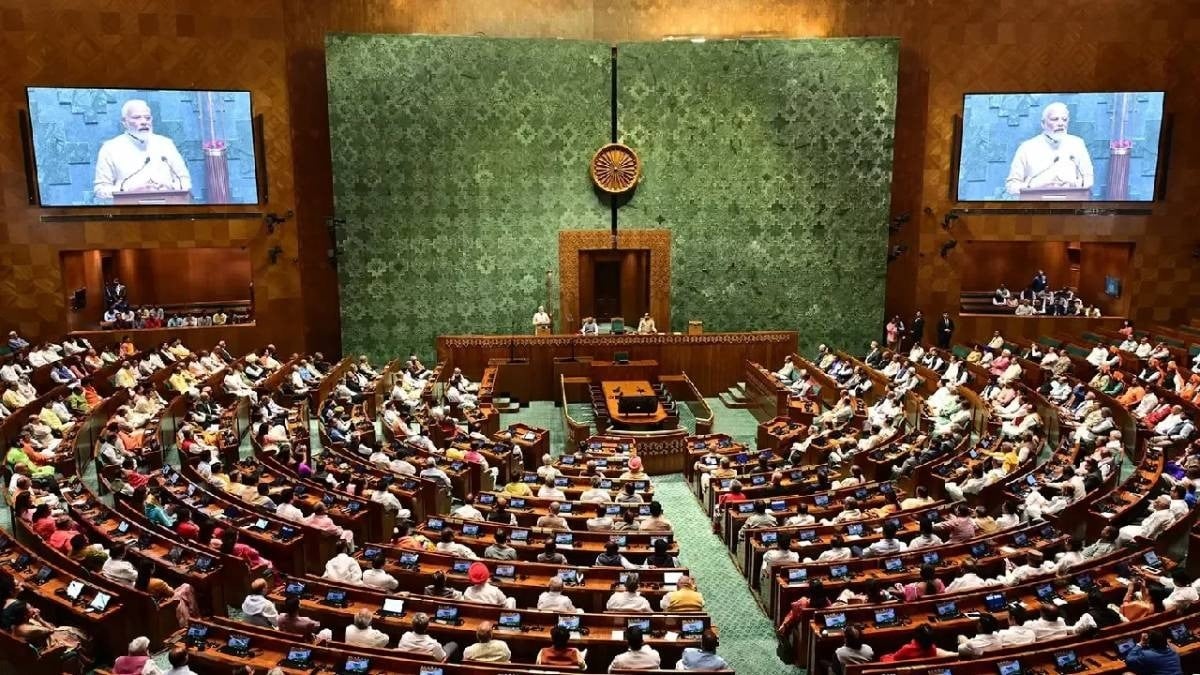The Services Selection Board (SSB) interview is a pivotal step for candidates aiming to join the Indian Armed Forces. This extensive evaluation process is structured to assess a candidate’s potential, intelligence, and essential personality traits necessary for a successful military career. Despite the clear path laid out for aspirants, numerous candidates often find themselves screened out during the early stages of the interview. Recognizing common pitfalls can dramatically increase one’s chances of success. Here are ten core reasons candidates tend to be screened out, along with strategies to avoid these traps.
1. Inattention During Briefings
Importance of Listening
The initial briefing by assessors is a crucial moment in the SSB interview. Candidates must be attentive during this phase since it forms the basis for the entire evaluation. Missed or misunderstood instructions can lead to critical mistakes.
Consequences of Distraction
Asking irrelevant questions or demonstrating ignorance about the process indicates poor preparation. Such behavior raises concerns regarding a candidate’s ability to follow orders, a fundamental skill in military operations.
Tips for Better Focus
- Take Notes: Jot down key points during the briefing to reinforce comprehension.
- Limit Distractions: Stay present mentally and avoid daydreaming.
- Ask Relevant Questions: Ensure any clarifications sought pertain directly to the briefing.
2. Insufficient Preparation for Intelligence Tests
Understanding the Role of Intelligence Tests
The Officer Intelligence Rating (OIR) test gauges logical reasoning, verbal, and non-verbal skills. Many candidates mistakenly believe that academic success alone will suffice for these assessments, whereas targeted preparation is key.
Common Mistakes
Underestimating the format and time constraints of these tests can lead to dismal performance, negatively impacting the overall screening outcome.
Effective Preparation Strategies
- Practice Regularly: Utilize sample OIR tests to familiarize yourself with the format.
- Time Management: Work under timed conditions to enhance speed.
- Seek Guidance: Join study groups or coaching focused on SSB preparation.
3. Weak Storytelling in PPDT
Understanding the PPDT
The Picture Perception and Discussion Test (PPDT) evaluates a candidate’s ability to interpret visual stimuli and craft a coherent narrative. Candidates are shown an ambiguous picture and must create a story based on their understanding.
Pitfalls of Weak Narratives
A weak narrative hampers a candidate’s prospects. Assessors seek creativity, relevance, and critical thinking, and narratives that are overly dramatic or unrelated can pose significant red flags.
Crafting a Strong Story
- Focus on Clarity: Ensure your story has a clear beginning, middle, and end.
- Stay Relevant: Ground your narrative in the elements visible in the picture.
- Practice Narration: Hone storytelling skills through regular practice.
4. Ineffective Group Discussion Skills
Importance of Group Dynamics
Group discussions are essential for evaluating interactions among candidates. Effective communication and collaboration are crucial aspects in a military framework.
Common Group Discussion Errors
Dominating discussions or failing to contribute meaningfully can overshadow a candidate’s potential. A balance between assertiveness and openness to others’ ideas is necessary.
Enhancing Group Discussion Skills
- Listen Actively: Engage with others’ contributions and build upon them.
- Encourage Participation: Help quieter members express their thoughts, fostering a collaborative environment.
- Maintain Composure: Stay calm, even during heated discussions.
5. Lack of Confidence
The Impact of Confidence
Confidence is critical during the SSB interview. Candidates who appear nervous or uncertain may be perceived as lacking the required qualities for military leadership.
Identifying Confidence Issues
Signs of low confidence can include fidgeting, averted eye contact, and a shaky voice. Such behaviors can significantly undermine a candidate’s credibility.
Building Confidence
- Practice Public Speaking: Engage in activities that require presentation skills.
- Mock Interviews: Conduct practice interviews to simulate real conditions.
- Positive Visualization: Visualize successful outcomes to boost self-assurance.
6. Poor Communication Skills
Importance of Clear Communication
Clear communication is vital in military operations. Candidates need to express their thoughts succinctly and effectively throughout the interview.
Challenges Faced by Candidates
Many struggle to articulate their ideas, leading to misunderstandings that can negatively impact their overall evaluation.
Improving Communication Skills
- Engage in Discussions: Actively participate in group discussions to practice expressing thoughts.
- Read Aloud: Reading books or articles aloud aids in improving fluency.
- Seek Feedback: Request constructive criticism from peers or mentors to spot areas needing improvement.
7. Negative Body Language
Role of Non-Verbal Cues
Body language can convey confidence, interest, and sincerity. Negative body language—such as slouching or avoiding eye contact—can create unfavorable impressions.
Identifying Negative Body Language
Candidates may not be aware of how their body language affects communication. Inconsistent gestures or lack of eye contact may signal disinterest.
Tips for Positive Body Language
- Maintain Eye Contact: Engage with assessors and peers consistently.
- Stand Tall: Adopt an open posture that suggests confidence.
- Use Gestures: Complement your speech with appropriate hand gestures.
8. Inability to Demonstrate Officer-Like Qualities (OLQs)
Understanding OLQs
The SSB evaluates several Officer-Like Qualities, such as leadership, teamwork, and decision-making. Candidates need to embody these traits throughout the interview.
Common Shortcomings
Many candidates fail to project these qualities, leading assessors to question their suitability for military service.
Strategies for Showcasing OLQs
- Take Initiative: Volunteer for leadership roles during group activities.
- Collaborate Effectively: Demonstrate an ability to respect differing opinions.
- Be Decisive: Practice making quick, informed decisions in discussions.
9. Inconsistent Responses
Importance of Consistency
Assessors seek reliability and integrity. Inconsistent answers or contradictory behavior can spark doubts about a candidate’s honesty.
Recognizing Inconsistencies
Candidates might inadvertently provide conflicting information during different interview stages, raising questions about their credibility.
Maintaining Consistency
- Reflect on Experiences: Be clear about your motivations to ensure consistency.
- Practice Common Questions: Prepare responses to frequently asked questions.
- Stay True to Yourself: Authenticity is vital; avoid fabricating stories or exaggerating experiences.
10. Lack of Preparation
Importance of Being Prepared
Many candidates underestimate the need for thorough preparation. Familiarity with the process can enhance performance significantly.
Common Areas of Unpreparedness
Many neglect to research the SSB process, prepare for tests, or rehearse potential questions, resulting in poor performance.
Effective Preparation Strategies
- Research the SSB Process: Familiarize yourself with its structure and expectations.
- Practice Regularly: Engage in mock tests and group discussions.
- Review Feedback: Collect insights from previous candidates or mentors for improvement.
Conclusion
Getting screened out during the SSB interview can be a discouraging experience for hopeful candidates. However, understanding and addressing these common pitfalls can substantially improve your chances of success. By focusing on preparation, communication skills, and displaying essential qualities, candidates can enhance their performance and increase their likelihood of progressing through the screening phase. The journey toward serving in the Indian Armed Forces may be challenging, but with dedication and effort, the goal is attainable.
FAQs
What is the SSB interview process like?
The SSB interview encompasses various stages, including intelligence tests, personality assessments, group discussions, and personal interviews. Each stage aims to evaluate different aspects of a candidate’s military suitability.
How can I prepare for the OIR test?
Prepare for the OIR test by practicing sample questions, familiarizing yourself with the test format, and improving time management skills for better speed and accuracy.
What should I do if I get nervous during the interview?
If nerves set in, practice relaxation techniques like deep breathing or visualization. Engaging in mock interviews can also alleviate anxiety and boost confidence.
How important is body language in the SSB interview?
Body language serves as a crucial element in the SSB interview, as it reflects confidence, interest, and sincerity. Positive body language can considerably enhance the impression on assessors.
What are Officer-Like Qualities (OLQs)?
Officer-Like Qualities are traits sought by the SSB, including leadership, teamwork, initiative, and decision-making abilities. Exhibiting these qualities is essential for a successful interview.
